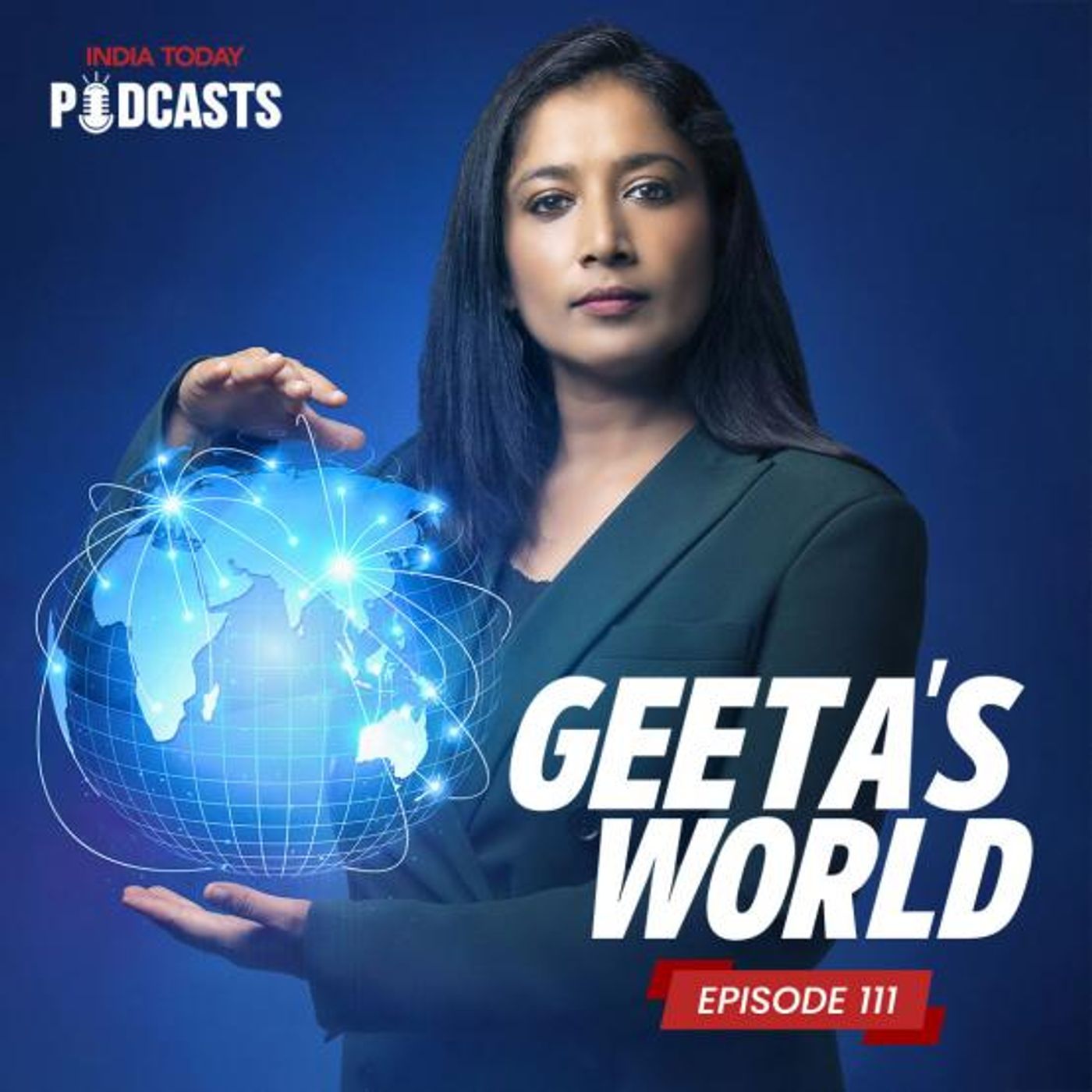Sri Lanka Elections: Has India lost a neighbour, or can Dissanayake 'balance' Beijing & New Delhi?
Update: 2024-09-25
Description
Anura Kumara Dissanayake, or AKD as he's popularly known, has just been sworn in as Sri Lanka’s new president. He represents the Marxist Janatha Vimukthi Peramuna (JVP) and its broader front, the National People’s Power (NPP).
Dissanayake defeated incumbent President Ranil Wickremesinghe and opposition leader Sajith Premadasa. Dissanayake secured 42.31% of the vote, Premadasa trailed 34%, and Wickremesinghe placed a distant third with just 17%. Namal Rajapaksa, son of former President Mahinda Rajapaksa, garnered less than 3% of the vote.
This election marked the first time since the creation of the executive presidency in 1977 that the race went to a second round, with preferential votes deciding the outcome after no candidate secured the required 50%.
After his victory, Dissanayake said, “We can turn this country around, build a stable government... and move forward. For me, this is not a position but a responsibility."
Many observers believe that Sri Lankans “voted in anger because they were really fed up of the ‘corrupt Rajapaksha brothers’. So, was this a vote against the establishment, fueled by public frustration, or was this a mandate for Dissanayake?
Many think Dissanayake would be a proxy for the staunch Marxist leaders within his National People’s Power alliance. So, can he distance himself from the party's old guard, or will his party’s historical baggage influence his policy decisions?
In this episode of Geeta's World, our host, Anna Priyadarshini, and the foreign affairs editor at India Today, TV Today Network, Geeta Mohan, discuss!
Listen in!
Produced by Anna Priyadarshini
Sound Mix by Nitin Rawat
Dissanayake defeated incumbent President Ranil Wickremesinghe and opposition leader Sajith Premadasa. Dissanayake secured 42.31% of the vote, Premadasa trailed 34%, and Wickremesinghe placed a distant third with just 17%. Namal Rajapaksa, son of former President Mahinda Rajapaksa, garnered less than 3% of the vote.
This election marked the first time since the creation of the executive presidency in 1977 that the race went to a second round, with preferential votes deciding the outcome after no candidate secured the required 50%.
After his victory, Dissanayake said, “We can turn this country around, build a stable government... and move forward. For me, this is not a position but a responsibility."
Many observers believe that Sri Lankans “voted in anger because they were really fed up of the ‘corrupt Rajapaksha brothers’. So, was this a vote against the establishment, fueled by public frustration, or was this a mandate for Dissanayake?
Many think Dissanayake would be a proxy for the staunch Marxist leaders within his National People’s Power alliance. So, can he distance himself from the party's old guard, or will his party’s historical baggage influence his policy decisions?
In this episode of Geeta's World, our host, Anna Priyadarshini, and the foreign affairs editor at India Today, TV Today Network, Geeta Mohan, discuss!
Listen in!
Produced by Anna Priyadarshini
Sound Mix by Nitin Rawat
Comments
In Channel
























